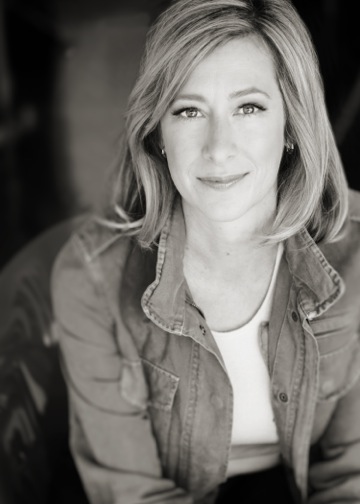 |
| photo: Lorenzo Hodges |
Katherine Taylor is the author of the novels Valley Fever (just published by Farrar, Straus & Giroux) and Rules for Saying Goodbye (FSG, 2007). Her stories and essays have appeared in the New York Times, Elle, Town & Country, ZYZZYVA, the Southwest Review and Ploughshares, among other publications. She has won a Pushcart Prize and the McGinnis Ritchie Award for Fiction. She lives in Los Angeles and has a dog called Littles.
On your nightstand now:
Thank you for asking this question because I love lists. Lydia Davis's Proust, Blanchot and a Woman in Red (I am slightly obsessed with Lydia Davis, like everyone), Merritt Tierce's Love Me Back (Merritt Tierce is our next great writer--please someone give her all the awards--she deserves all the awards!); Peter Nadas's Parallel Stories; Nate Jackson's Slow Getting Up (Did he have someone write this for him? How does a football player with head injuries write such a lovely narrative?); Frederick Seidel's Poems 1959-2009 (this one I keep there always just in case I need it); Chris Kraus's I Love Dick; Homesickness: An American History by Susan J. Matt (wherever I am, I'm homesick, so this book is like a textbook to all my ills); Mary Elise Sarotte's The Collapse: The Accidental Opening of the Berlin Wall (completely obsessed with East Germany); and The Art of Doubles: Winning Tennis Strategies & Drills by Pat Blaskower, which my tennis instructor is having me read.
Favorite book when you were a child:
Maurice Sendak's Pierre. About the little boy who doesn't care, and then gets eaten by a lion.
Your top five authors:
Is there such thing as a top five except in sports? Jean Rhys, William Saroyan, Frederick Seidel, David Markson, Lydia Davis. Joy Williams, too. Leonard Michaels. Grace Paley.
I can't say Joan Didion or Hemingway because EVERYONE says that.
Book you've faked reading:
This is a silly question because who has faked reading a book since they were 14?
Faked since the age of 14: none.
Avoided talking about from the age of 17 because I'm embarrassed not to have read them: War and Peace, Anna Karenina, Ulysses, the Bible. As I Lay Dying. All of William Gaddis. I'm sure there are more but I prefer not to think about it.
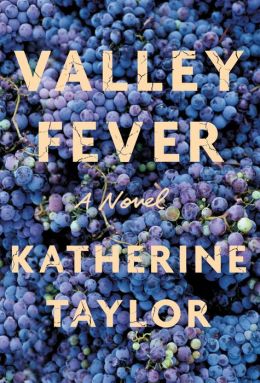 Book you're an evangelist for:
Book you're an evangelist for:
Lately, Eve Babitz's novel Slow Days, Fast Company. It's funny and tragic, messy and glamorous and intimate, and has a voice that just kind of slaps you. I'm crazy about Eve Babitz. She writes, ostensibly, about a young girl living an authentic Hollywood life. But the life she writes about could--and does--happen anywhere, everywhere, at the same time. It has all the sexiness and longing you want in a novel--any novel--but also has this very specific, historically interesting element--the mid-'60s Hollywood element. I don't think it's hyperbole to say that Eve, in her fiction, has written one of the best histories of any mid-century event so far.
I search constantly for copies of Slow Days, Fast Company to see if I can find them for less than $100, which is about the going rate. When I find less expensive copies, I snap them up and send them to all the people I know who haven't yet read Eve.
Recently I web-stalked Eve Babitz and discovered that she lives just a couple blocks away from where I play tennis. I've decided it's best to leave my stalking there for the time being.
Book you've bought for the cover:
Many years ago, I bought Dana Spiotta's Lightning Field because I liked the cover. (I am a sucker for cigarettes, and the girl on that cover with the cigarette looks like she's about to do something mean.) I think it's the only book I've ever bought simply because the book jacket looked exciting, but there must have been something else I intuited by looking at it, because Lightning Field is still one of my all-time favorite novels.
Book that changed your life:
I think every book I love changes my life a little bit. (Isn't this true for everyone? Isn't this why we read books? I'm very impressionable.) Do you mean which book changed my life first, or what has changed my life lately? Obviously, Pierre changed my life earliest, because Pierre was the first protagonist I can remember connecting with as a human being. I connected with Eloise, of course, but Eloise seemed to me a fairy tale, not real but enormously entertaining. (Until I went away to school in Massachusetts and learned that Eloise was a representation of many actual human beings, and not a fantasy at all.) Pierre seemed a lot like me, and I could understand when he didn't care whether or not the lion ate him.
William Saroyan, who lived in and wrote extensively about Fresno, is probably the author who's changed and shaped my life the most--as a child in Fresno, a town constantly maligned in the news and national media and even in a parody soap opera from the '80s called Fresno. It's important for a young person to have evidence that you can come out of that and be a writer, the kind of writer I'd want to read and read and reread. William Saroyan is tragic and hilarious and vital.
Favorite line from a book:
"Going mad was a specialty of the family." --from Saroyan's Madness in the Family. That line makes me laugh every time I think of it.
Also Frank O'Hara's wonderful line "oh Lana Turner we love you get up," which can be used almost every day and in so many different situations. I use this line all the time. My family wishes it had never been written, because they are now all Lana Turner.
Which character you most relate to:
Dostoyevsky's underground man. Or Mr. Geiser from Max Frisch's Man in the Holocene. Sometimes I relate to Pierre, too, before he gets eaten by the lion.
Book you most want to read again for the first time:
A Moveable Feast and Slouching Towards Bethlehem. The first time you read them, they're just absolute magic. Transcendent. And every time after that, you're just trying to discover how they created all that magic and transcendence.
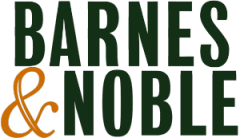 Barnes & Noble has appointed two new independent directors to its board in anticipation of the company's previously announced separation of its retail and college divisions. The new board members are Ann-Marie Campbell, who is president, southern division, of the Home Depot; and Paul B. Guenther, former president of PaineWebber Group. B&N said it anticipates that one or more current board members will resign and join the board of directors of Barnes & Noble Education.
Barnes & Noble has appointed two new independent directors to its board in anticipation of the company's previously announced separation of its retail and college divisions. The new board members are Ann-Marie Campbell, who is president, southern division, of the Home Depot; and Paul B. Guenther, former president of PaineWebber Group. B&N said it anticipates that one or more current board members will resign and join the board of directors of Barnes & Noble Education. 




SHELFAWARENESS.1222.S1.BESTADSWEBINAR.gif)



 Half Price Books
Half Price BooksSHELFAWARENESS.1222.T1.BESTADSWEBINAR.gif)


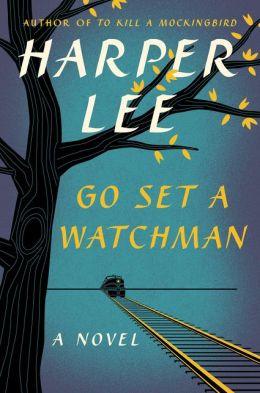 With the July 14 release of Go Set a Watchman less than a month away and Harper planning a two million-copy printing, bookstores from the U.K. to Harper Lee's hometown of Monroeville, Ala., are preparing midnight launch parties, film screenings, special editions and much more to celebrate this literary event.
With the July 14 release of Go Set a Watchman less than a month away and Harper planning a two million-copy printing, bookstores from the U.K. to Harper Lee's hometown of Monroeville, Ala., are preparing midnight launch parties, film screenings, special editions and much more to celebrate this literary event. 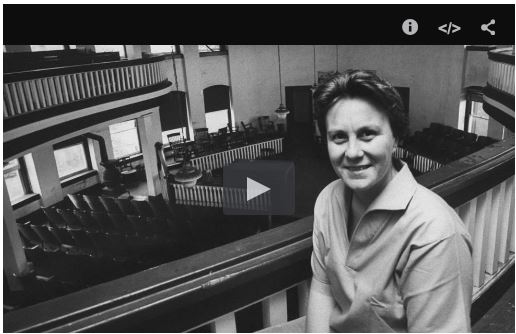
 At Penguin's sales meeting yesterday, attendees taped pink hearts to their eyes to imitate the jacket art of Aziz Ansari's Modern Romance, which has just gone on sale. Readers are invited to do the same and post to social media using #modernromance for a chance to win a copy of the book. You can download the pink hearts
At Penguin's sales meeting yesterday, attendees taped pink hearts to their eyes to imitate the jacket art of Aziz Ansari's Modern Romance, which has just gone on sale. Readers are invited to do the same and post to social media using #modernromance for a chance to win a copy of the book. You can download the pink hearts 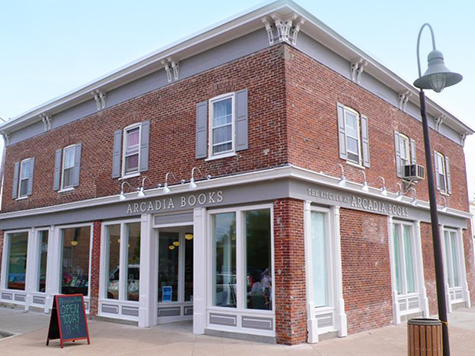
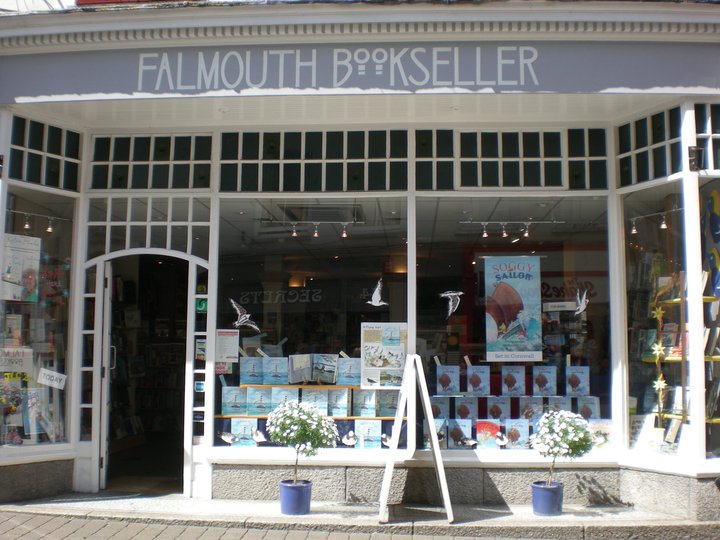
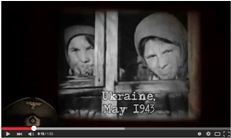 Tin Sky
Tin Sky
 Book you're an evangelist for:
Book you're an evangelist for: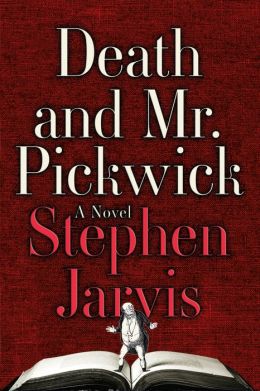 Like other massive historical novels set in Victorian England--e.g., Jonathan Strange & Mr. Norrell or Drood--Stephen Jarvis's impressive debut, Death and Mr. Pickwick, is an immersive experience that richly rewards its readers, filled with an array of characters. It's about an ages-old debate concerning who was the creator of the 19th-century serial novel The Pickwick Papers. Robert Seymour, the most prolific illustrator/cartoonist of his era and the first Pickwick illustrator, said that the character of Mr. Samuel Pickwick and his Sporting Club were his ideas. When the monthly installments of the story were published in book form, young Charles Dickens, who provided the text to complement the illustrations using his pen name, Boz, claimed in a note that he was the sole creator. By then Seymour had committed suicide. As his novel runs its course, Jarvis exhibits his belief in Seymour's claim of ownership.
Like other massive historical novels set in Victorian England--e.g., Jonathan Strange & Mr. Norrell or Drood--Stephen Jarvis's impressive debut, Death and Mr. Pickwick, is an immersive experience that richly rewards its readers, filled with an array of characters. It's about an ages-old debate concerning who was the creator of the 19th-century serial novel The Pickwick Papers. Robert Seymour, the most prolific illustrator/cartoonist of his era and the first Pickwick illustrator, said that the character of Mr. Samuel Pickwick and his Sporting Club were his ideas. When the monthly installments of the story were published in book form, young Charles Dickens, who provided the text to complement the illustrations using his pen name, Boz, claimed in a note that he was the sole creator. By then Seymour had committed suicide. As his novel runs its course, Jarvis exhibits his belief in Seymour's claim of ownership.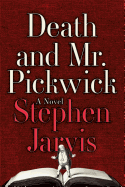
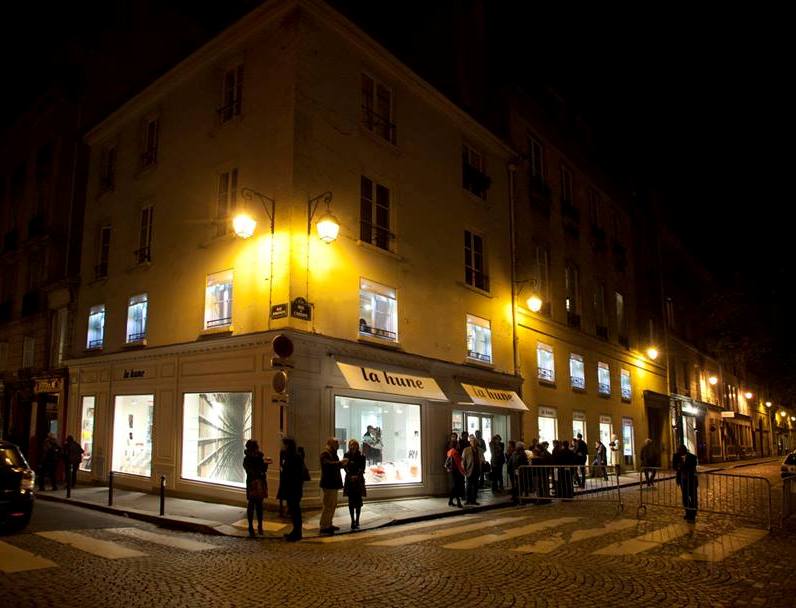 We weren't necessarily seeking an oasis of warmth during our long walk, but when we noticed incandescent windows in the distance and discovered they belonged to a bookshop, we surrendered happily to temptation. Dinner could wait.
We weren't necessarily seeking an oasis of warmth during our long walk, but when we noticed incandescent windows in the distance and discovered they belonged to a bookshop, we surrendered happily to temptation. Dinner could wait.